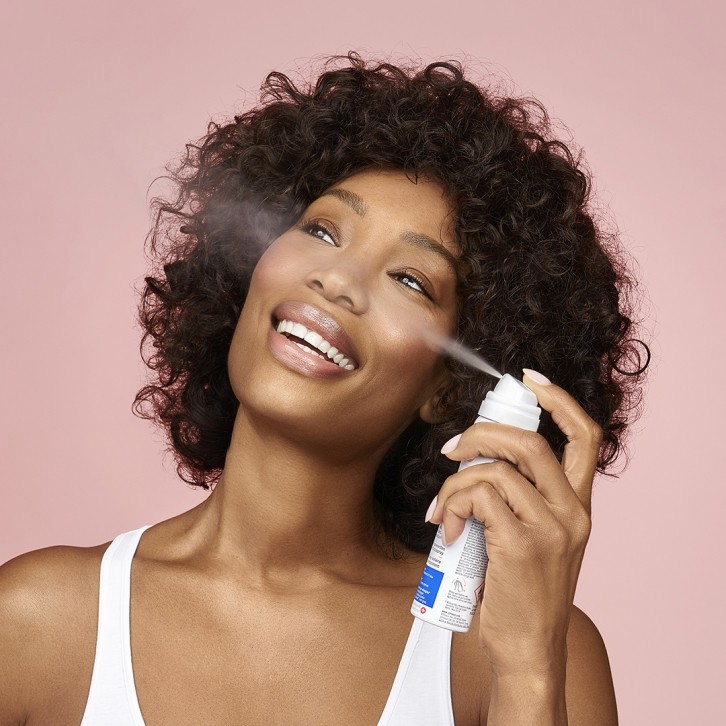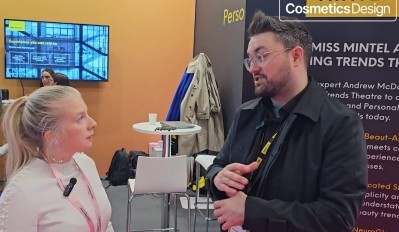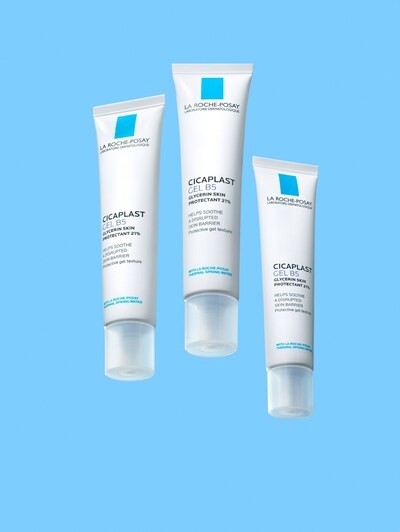7 sun care NPD trends to watch

As temperatures continue to rise across the globe and more scientific studies emerge on the effects of sun damage on the skin barrier function and – in turn on skin health, appearance, and ageing – the sun care category is bigger business than ever.
According to Statista, between 2023 and 2028, the global sun protection market is forecast to grow by 25%, which will equate to a total $2.7bn (€2.48bn).
Data from late 2023, showed and increase in value for the eighth consecutive year and estimated that it would reach $13.6bn (€12.5bn) globally by 2028.
The US is currently the world’s biggest sun care market, but this pattern can be seen outside of the States too.
For example, according to Statista, the UK is experiencing a surge in demand for sun protection products, as people have become more educated on the importance of protecting their skin from UV rays.
In the UK, data from Kantar showed that the total sun care products market value grew by 34% for the year up to 22 January 2023.
Meanwhile, Mintel consumer data has found that 89% of UK female consumers said concerns about skin cancer encouraged them to use sun protection products.
We spoke to the UK MD for Ultrasun, Abi Cleeve, about what’s currently trending in sun care...
More demand for hybrid formulas & new types of protection
It appears that more cosmetics consumers have recognised the link between sun protection and better skin health and are adding sun protection to their morning skin care routines.
Cleeve shared that the brand is now “seeing a demand for more hybrid formulas for skin care products that offer sun protection” – as many people don’t have the time or the budgets for 10-step skin care regimes.
“But this is stretching to other types of skin protection too,” she noted and explained that Ultrasun is “also seeing demand for other types of protection, such as blue light protection and more...”
More evidence of ‘daily damage’
“We are seeing more sun damage in high frequency areas such as between the toes and on the legs and feet,” shared Cleeve.
“This is the ‘invisible damage’ of UVA that people are not aware of and it is going on a daily basis,” she continued, and highlighted that this is an increasing area of innovation as more discoveries are made on this topic.
A bigger focus on anti-pigmentation
Cleeve noted that one of Ultrasun UK’s best-selling products is its Face Anti-Pigmentation 50+ and said that ‘Anti-pigmentation’ is the third biggest consumer search for the UK-based ecommerce beauty retailer Look Fantastic.
“This is also the number one skin concern for black consumers,” she continued.
She explained that Ultrasun uses hexylresorcinol in its anti-pigmentation products and that it has recently created a brand new formulation for this growing sector of skin care/sun care, which has recently been a key area of focus for L’Oréal too.
Quick and easy protection
“We know that people want quick and easy sun protection, and our UV Scalp and Face Mist SPF50+ has been very popular,” shared Cleeve.
“We must formulate for what is useful and realistic,” she continued. “This year we will also launch a stick for people on the go.”
She also pointed out that sun care is still very hard to formulate and test in comparison to other cosmetics categories, so therefore we are less likely to see a never-ending carousel of innovation in this category for this reason.
More development of tints and tan-accelerators
“The idea of using SPF is not always the most exciting topic,” Cleeve said. “It used to be to stop something bad from happening, but now sun care is finally becoming a bit sexier.”
Cleeve explained that to try and make the category more exciting, Ultrasun has been developing more tints. “We are mixing bronzer and tan-accelerators to try and stop people from ‘trauma tanning’,” she shared.
“We are seeing more glimmer formulations and are always looking to cover more than one base for the consumer within the product,” she continued and noted that its Body Tinted SPFs, which combine sun protection with a hint of colour, are some of the brand’s best-selling products.
“When I’m working on the R&D, I’m always thinking about people’s behaviour; what they are really doing and the way they are really using the products,” she explained, noting that many people still want to have a tan, so “we have to accept that they still want a tan and see how we can support them safely.”
Use of Ectoin in SPF formulations
Ectoin is a molecule found in extremophile microorganisms, which thrive in extreme environmental conditions such as strong UV radiation.
The naturally occurring, clinically proven ingredient is ideal for sun care formulations because it’s an antioxidant with anti-inflammatory effects that hydrates skin and protects against environmental stressors.
It’s suitable for sensitive and reactive skin types because of its calming effects and is flexible for formulators to combine with other ingredients.
“Ectoin was discovered in coral species, but it took 30 years to be licensed for cosmetic use,” shared Cleeve.
She highlighted that it is now being used in some Ultrasun formulations at a 0.7% concentration, as well as in products from luxury brands like Shiseido and Crème de la Mer.
Environmental accreditations
As sustainability is an ongoing focus for the beauty and personal care industry, the sun care category must pay particular attention to the effects of its product ingredients on the sea and the marine life.
“We have always been mindful of this,” Cleeve said. “We are a chemical-physical mix formula and have reduced plastic dramatically,” but as accreditations become increasingly important, Cleeve shared that Ultrasun has recently passed BASF Ecosun Pass accreditation.
The process was based on “a series of eight stringent tests” that included factors such as: impact on animal species, impact on water systems, as well as the impact on the endocrine system.





















